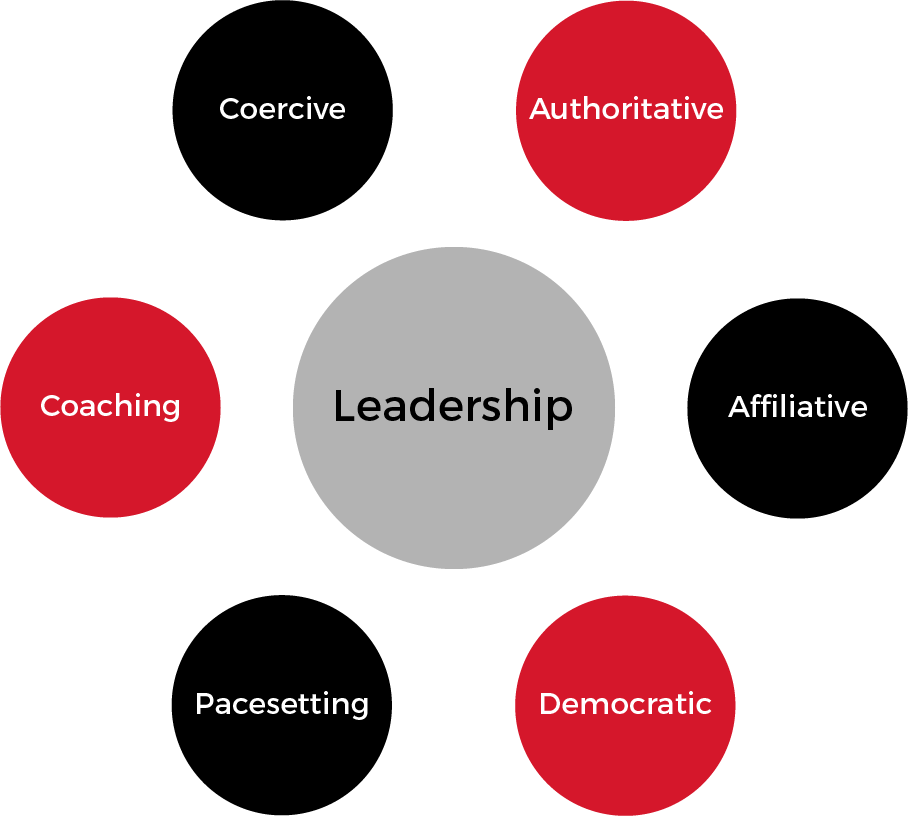Can anyone who has not been an executive for a long time truly understand an executive’s world? As an executive assistant for 20 years, I thought I understood the life of the many executives I supported. But it wasn’t until I opened my own company in 1990 that I realized an executive’s world was much more complicated and intense than I realized. Now, after 31 years of owning my own company, making tough decisions, motivating my team, and working with hundreds of executives, I can share this information with absolute confidence.
When I say executive, while I am referring to “the person you support,” I am talking about a person who has a high degree of responsibility and accountability. If you don’t work with this person today and you are a thriving career assistant, you probably will in the future.
These are some critical components of the scope of their work:
- Weigh the organization’s strategy, execution capabilities, and potential risks, and think about the organization’s overall performance
- Constantly find ways to connect various parts of the organization
- Leverage new capabilities
- Create new value
- Disrupt the environment and push the limits
Being a top executive is not for the faint of heart. So obviously, the person who supports them cannot be faint of heart. An executive assistant has to have heart—but has to be tough-skinned.
Being an executive requires a great deal of physical and mental stamina. Think about how you feel after a full day. Now multiply that anywhere from 2 x 10 times. That is an executive’s world.
Why would it behoove you to understand an executive’s world? So, you can:
- better align with them
- anticipate their needs
- not take their comments personally
- build a stronger partnership
- reduce your stress
- foresee the kinds of questions they might ask you
Keep these things in mind as you manage an executive’s life and when you contribute your ideas and opinions.
- Most executives are good at masking their stress or anxiety (a big presentation; business is bad; important meeting with their leader). Tune into your executive’s actions, behaviors, moods, and little signals that might indicate they are stressed.
- Higher-level executives and business owners must pump up their team. That takes energy.
- Higher-ranking executives are visionaries. They don’t like getting bogged down in minutia.
- Executives regularly work with uncertainty, complexity, and ambiguity; sometimes, it’s more intense than others.
- Executives see across the whole organization (or industry) and connect the dots from top to bottom.
- They are used to diving into whatever! They may not need you to ramp up to the point of conversation. However, if they want more detail, they will ask.
- They are smart.
- They like an efficient atmosphere. They have a lot going on and a lot on their shoulders. They are about efficiency. What does that mean to you?
6 Styles of Leadership by Daniel Goleman
Here is another layer of information that will help you build rapport and have a better working relationship with your executive. I highly recommend reading more of Daniel Goleman’s work. He is awesome.
- Coercive leaders demand immediate compliance.
- Authoritative leaders mobilize people toward a vision.
- Affiliative leaders create emotional bonds and harmony.
- Democratic leaders build consensus through participation.
- Pacesetting leaders expect excellence and self-direction.
- Coaching leaders develop people for the future.

Daniel says: “The best leaders don’t know just one style of leadership – they are skilled at several and have the flexibility to switch between styles as the circumstances dictate. The business environment is continually changing, and a leader must respond in kind. Hour to hour, day to day, week to week, executives must play their leadership styles like a pro – using the right one at just the right time and in the right measure.”
With that said, every executive is different. I recommend you interview your executive. I believe they would have a conversation with you about “their” world as an executive. Here are some questions to get you started.
- What is the hardest or most challenging part of being an executive?
- What part of your role as an executive gives you the greatest satisfaction?
- How does it feel when you have to deliver unwelcome news?
- As an executive, what should you be spending 80% of your time on?
- What are two business books you would recommend I read? Why?
Keep studying the world of an executive. You are their business partner, and you need to thoroughly understand their world.
Note: This information is taken from my Executive Support Series™ online course.



